
Stephanie Pappas
Stephanie Pappas is a contributing writer for Live Science, covering topics ranging from geoscience to archaeology to the human brain and behavior. She was previously a senior writer for Live Science but is now a freelancer based in Denver, Colorado, and regularly contributes to Scientific American and The Monitor, the monthly magazine of the American Psychological Association. Stephanie received a bachelor's degree in psychology from the University of South Carolina and a graduate certificate in science communication from the University of California, Santa Cruz.
Latest articles by Stephanie Pappas

An ocean of magma formed early in Earth's history and it may still influence our planet today, study finds
By Stephanie Pappas published
Remnants of a liquid layer of magma near Earth's core, formed in the first few hundred million years of the planet's history, may still persist today as odd anomalies in the mantle.

Climate change: Facts about our warming planet
By Stephanie Pappas, Marilyn Perkins published
Discover important facts about what climate change is, what's causing it, and what we can do to stop it.

Study reveals 'flawed argument' in debate over when plate tectonics began
By Stephanie Pappas published
You don't need plate tectonics to get continental crust that looks modern, a new study finds.
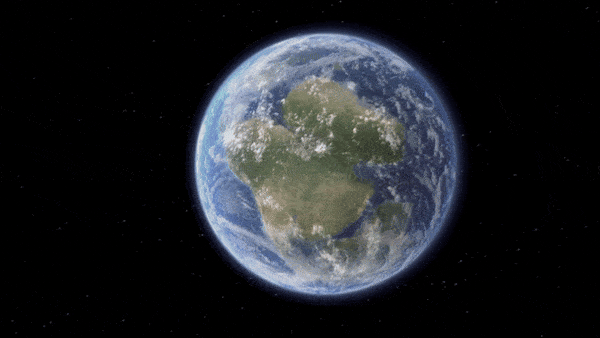
Massive magma eruptions may have ripped Africa and South America apart
By Stephanie Pappas published
Huge outpourings of magma accompanied the split between South America and Africa 135 million years ago.
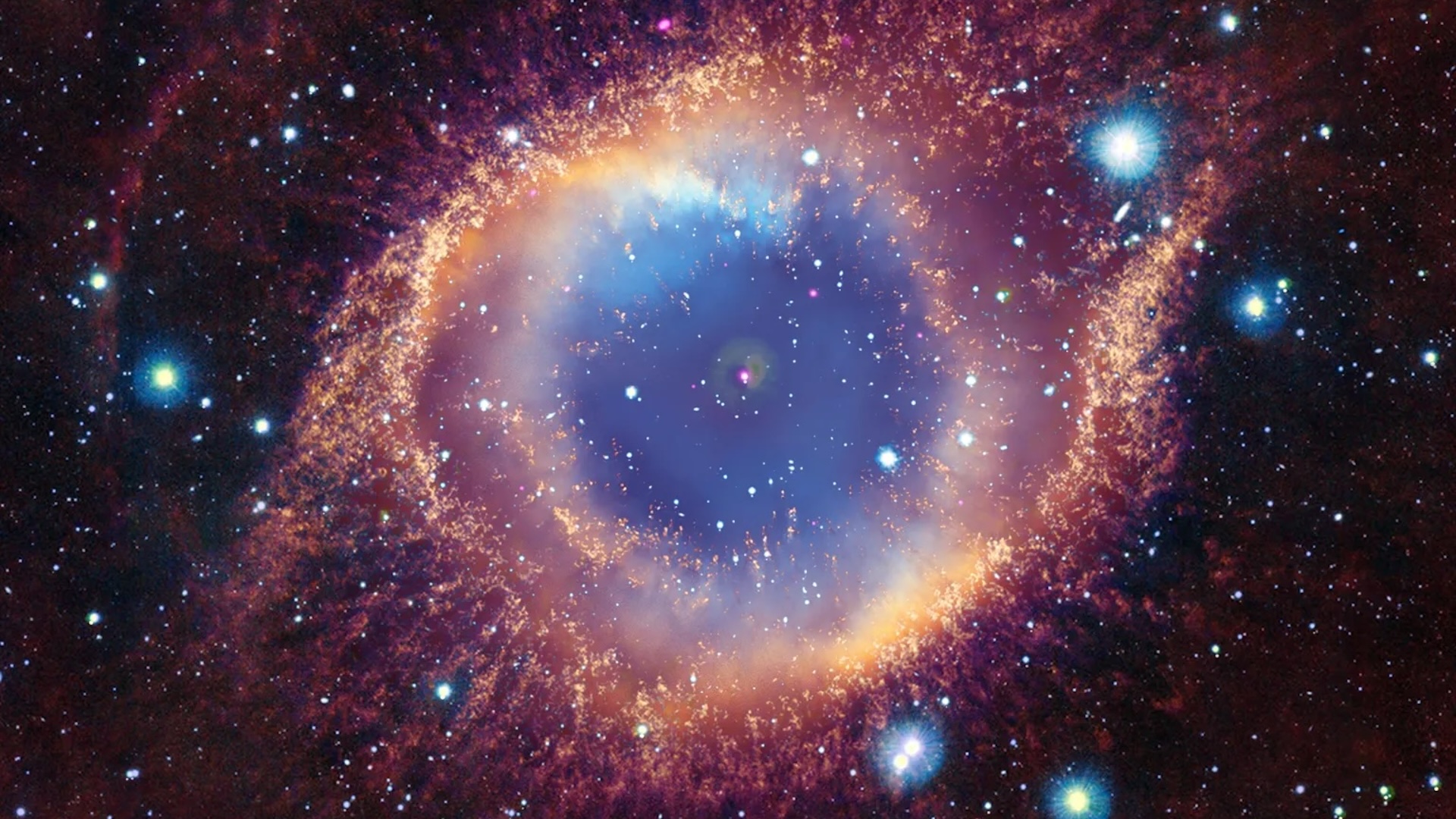
Jaw-dropping NASA image reveals a dying star at the heart of the Helix Nebula — and it may have just murdered a planet
By Stephanie Pappas published
A new view of the Helix Nebula reveals a dying white dwarf star at the nebula's center. This star's violent eating habits could be responsible for strange X-ray emissions in the region.
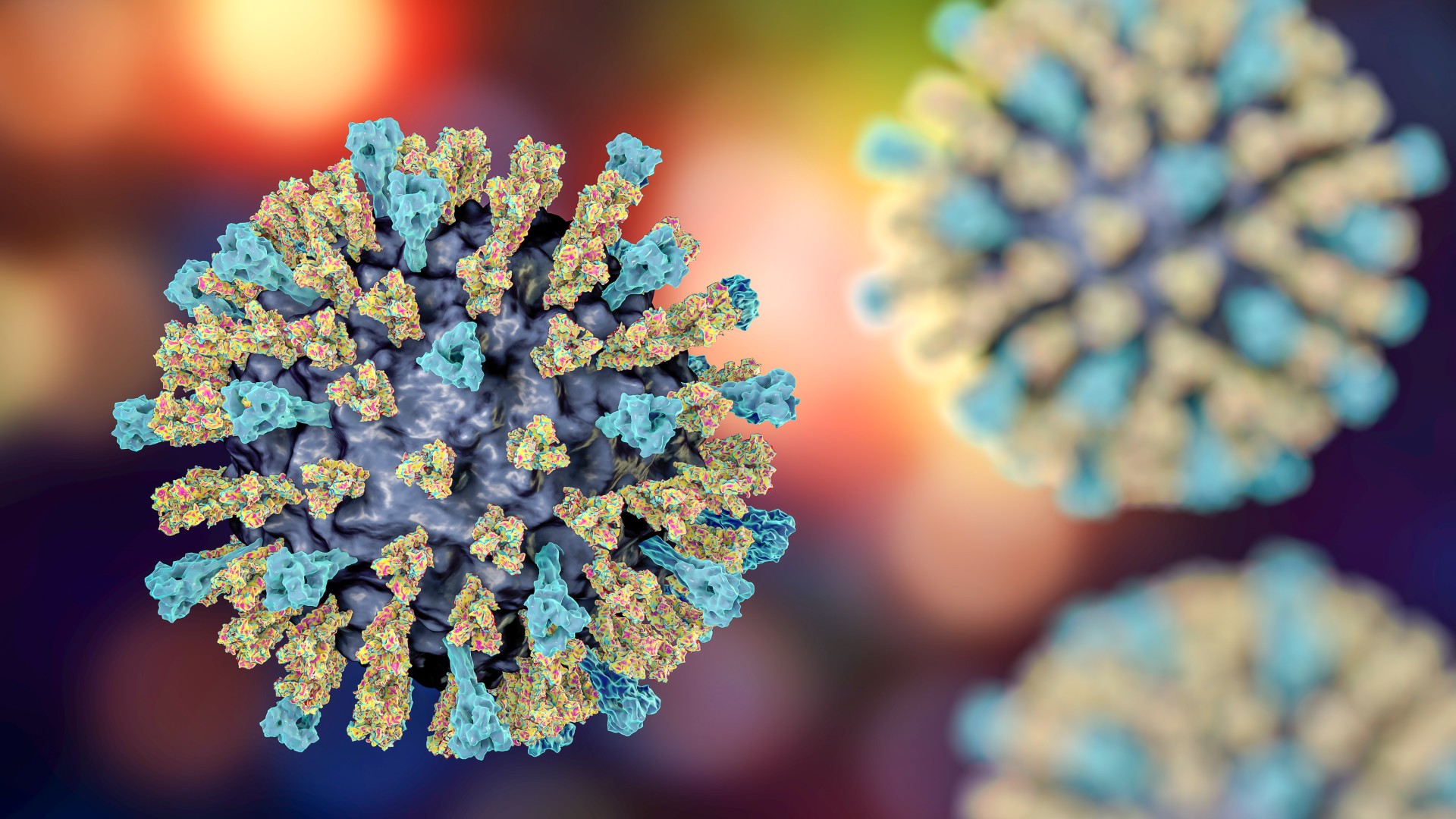
Kids infected with measles face long-term health consequences. Vaccines can prevent all of them.
By Stephanie Pappas published
Measles can erase the immune system's "memory" and cause a rare but fatal health condition. The MMR vaccine prevents these repercussions, evidence shows.

The history of cat domestication
By Marilyn Perkins, Stephanie Pappas published
Discover the history of our feline friends, and learn about the debate over whether cats are really "domesticated" at all.

Cats: Facts about our feline friends
By Stephanie Pappas, Marilyn Perkins last updated
Discover interesting facts about cat intelligence, how they see the world, and why we keep them around.
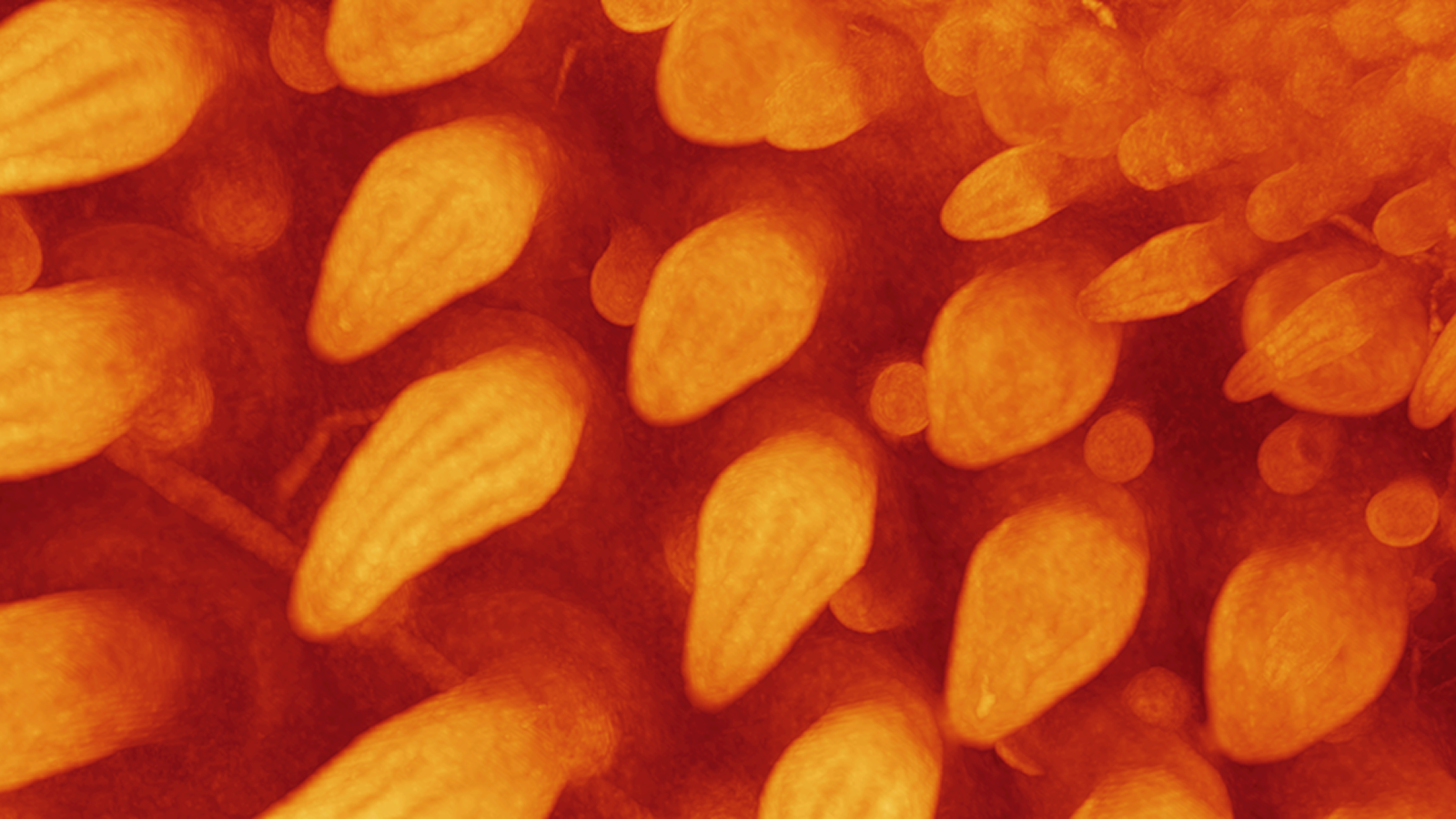
Chickens sprouted dino-like feathers when scientists messed with the Sonic Hedgehog gene
By Stephanie Pappas published
Scientists uncovered a key genetic pathway in the origin of feathers, but they found that evolution is stubborn in turning back the clock.

Biological secrets of world's oldest woman, Maria Branyas Morera, revealed after death
By Stephanie Pappas published
A study of a woman who died in 2024 as the oldest person on Earth attempts to untangle the factors that enable some people to ward off disease in old age.

'Love hormone' oxytocin can pause pregnancy, animal study finds
By Stephanie Pappas published
Oxytocin, a hormone linked to bonding behaviors, might also help mice modulate their pregnancies. Someday, this line of research could improve our understanding of human fertility.
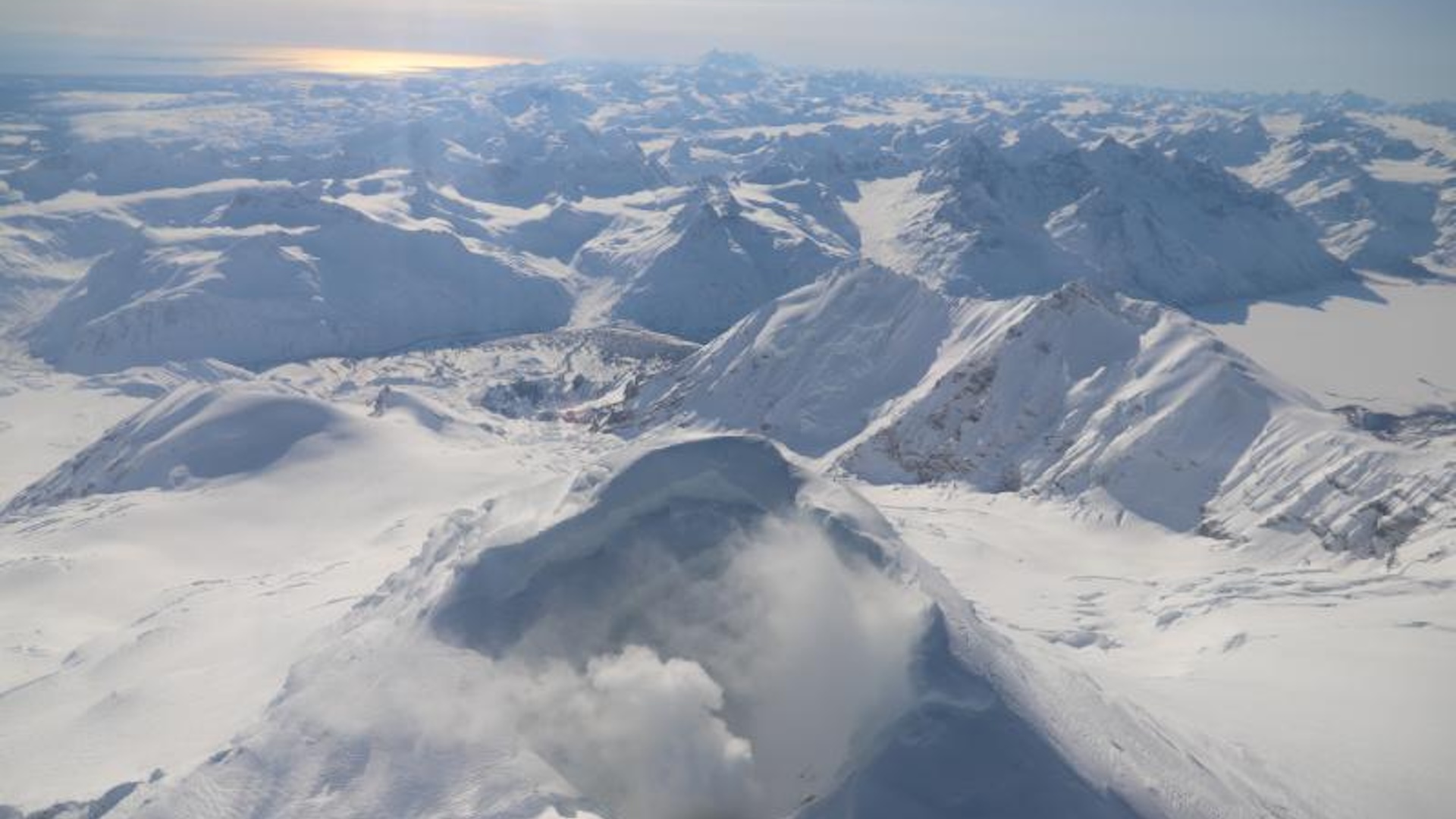
Alaskan volcano Mount Spurr showing activity that will 'most likely end in an explosive eruption,' scientist says
By Stephanie Pappas published
Mount Spurr near Anchorage has been showing signs of unrest for a year. Now scientists think it's creeping closer to an eruption.
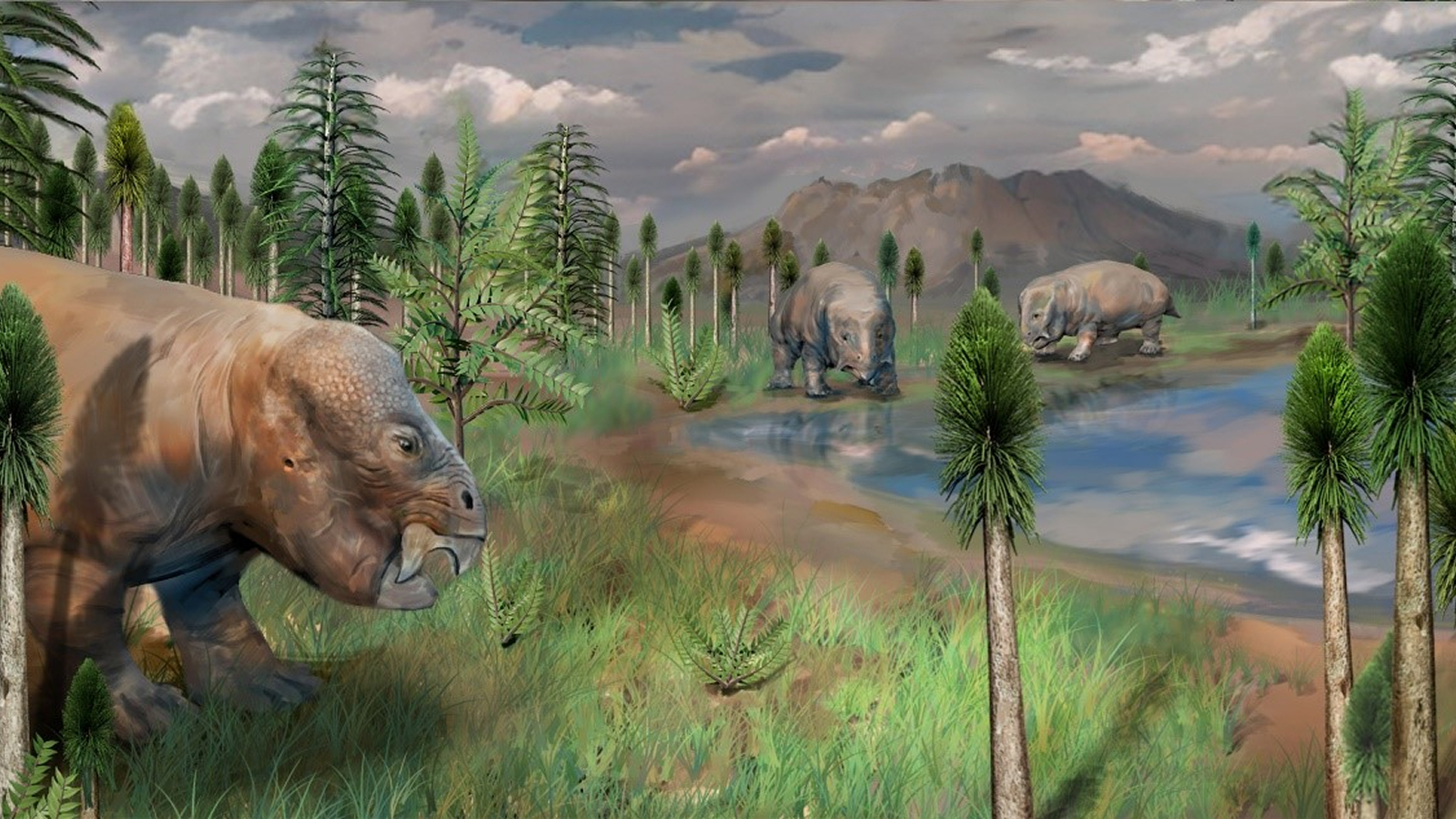
Refuge from the worst mass extinction in Earth's history discovered fossilized in China
By Stephanie Pappas published
The End-Permian mass extinction killed an estimated 80% of life on Earth, but new research suggests that plants might have done okay.
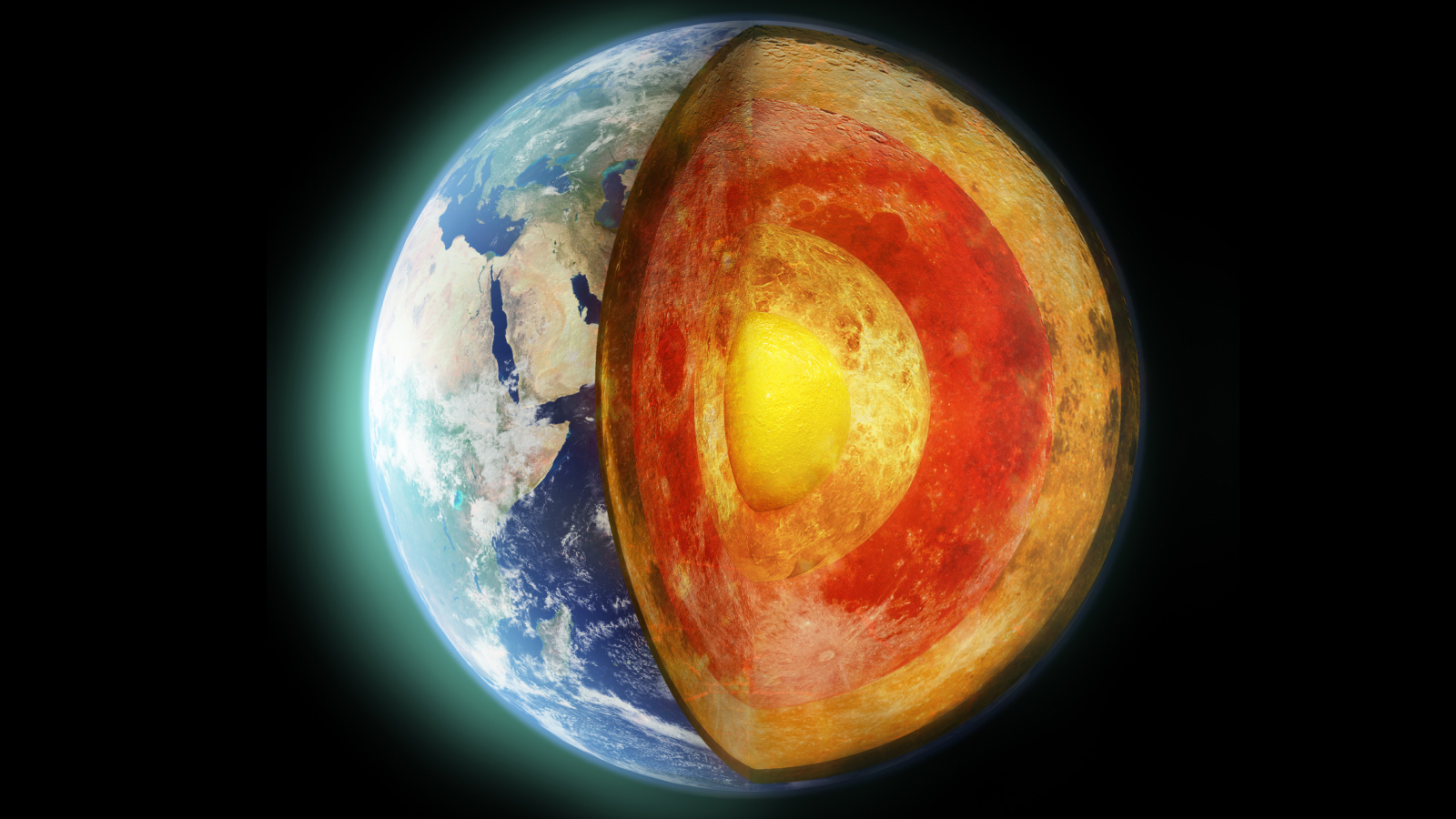
Scientists discover giant blobs deep inside Earth are 'evolving by themselves' — and we may finally know where they come from
By Stephanie Pappas published
Giant regions of the mantle where seismic waves slow down may have formed from subducted ocean crust, a new study finds.

What counts as a phobia?
By Stephanie Pappas published
Specific phobias are out-of-proportion fears to objects, animals or situations, and fortunately, they can be treated.
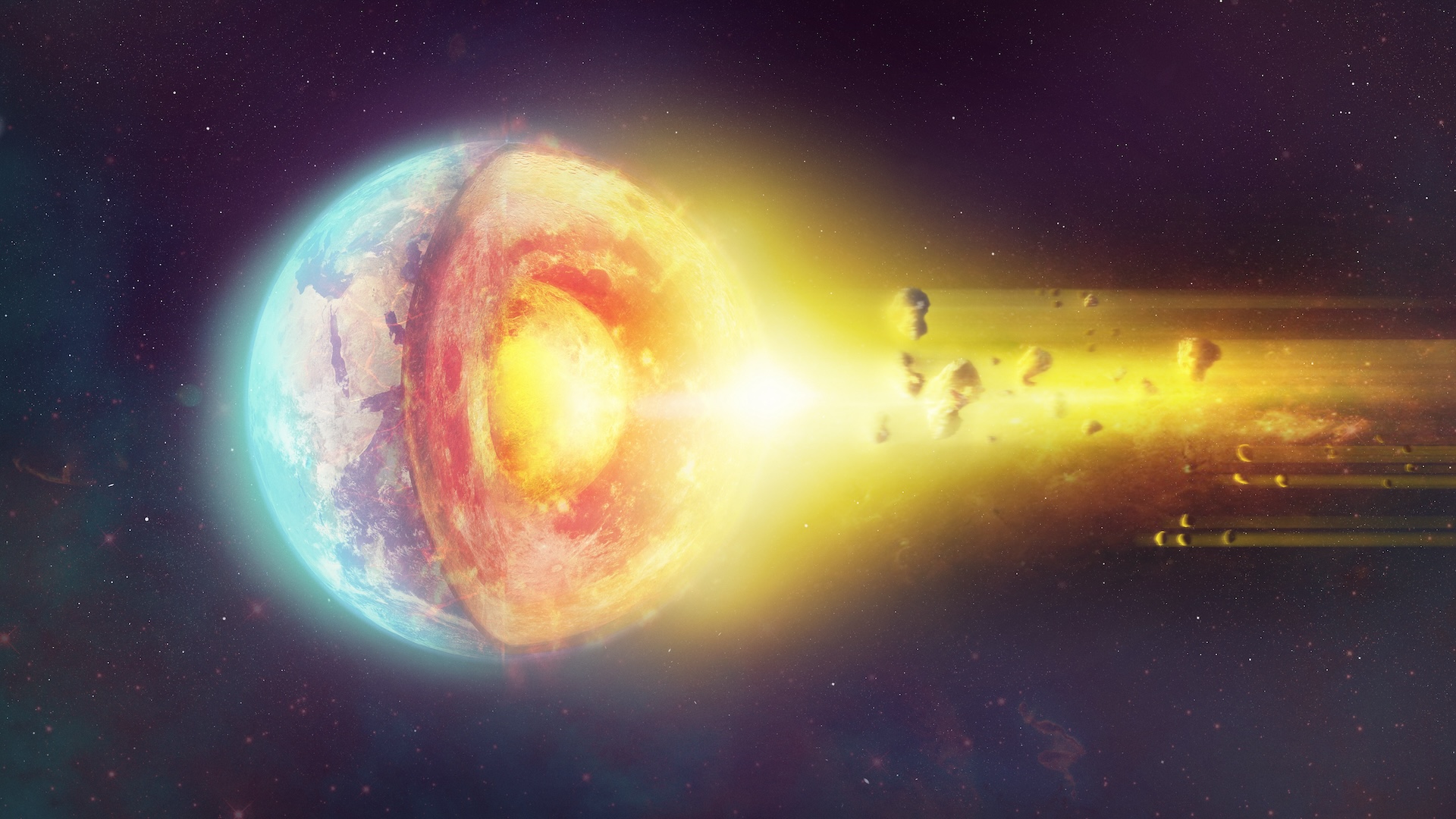
'Primordial' helium from the birth of the solar system may be stuck in Earth's core
By Stephanie Pappas published
The discovery that helium and iron can mix at the temperatures and pressures found at the center of Earth could settle a long-standing debate over how our planet formed.
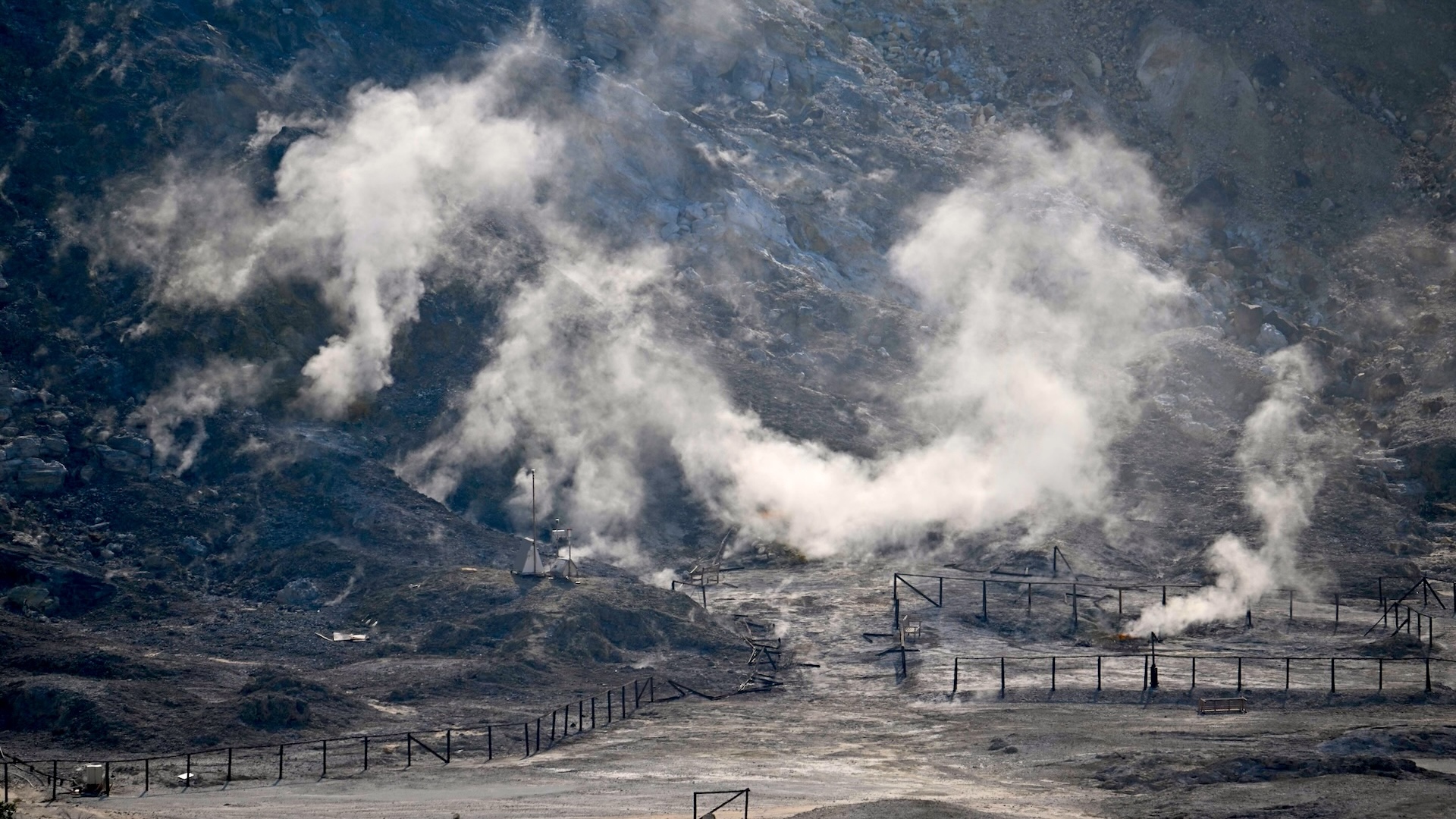
Italy's Campi Flegrei volcano may unleash devastating eruptions more often than we thought, ancient outburst suggests
By Stephanie Pappas published
A new look at an ancient eruption at Campi Flegrei raises new questions about the propensity of the still-active volcano, located near Naples, to produce major eruptions in the future.
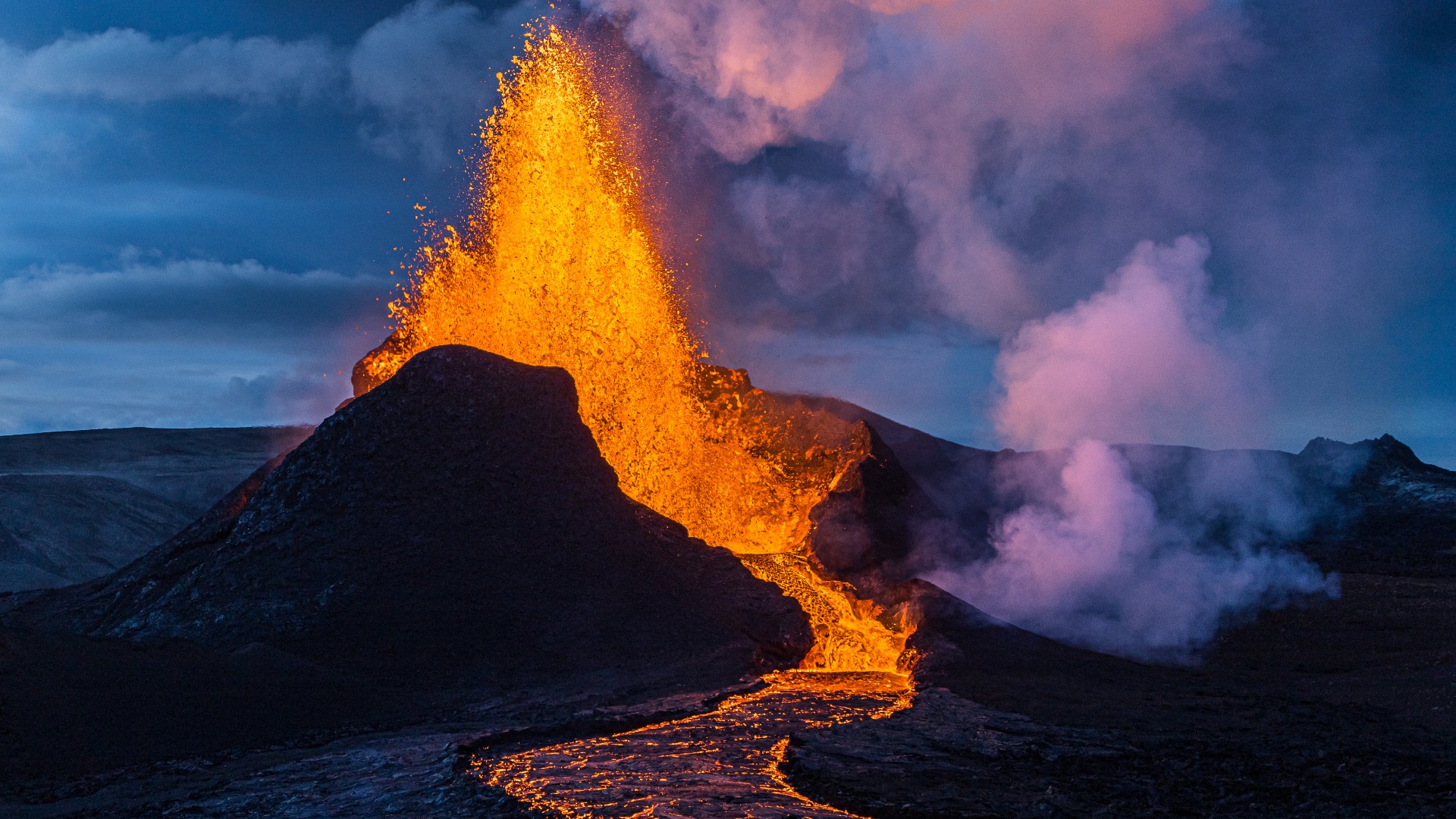
Volcanoes: Facts about geology's fieriest features
By Stephanie Pappas last updated
Discover interesting facts about volcanoes, including why and where they form and history's deadliest eruption.
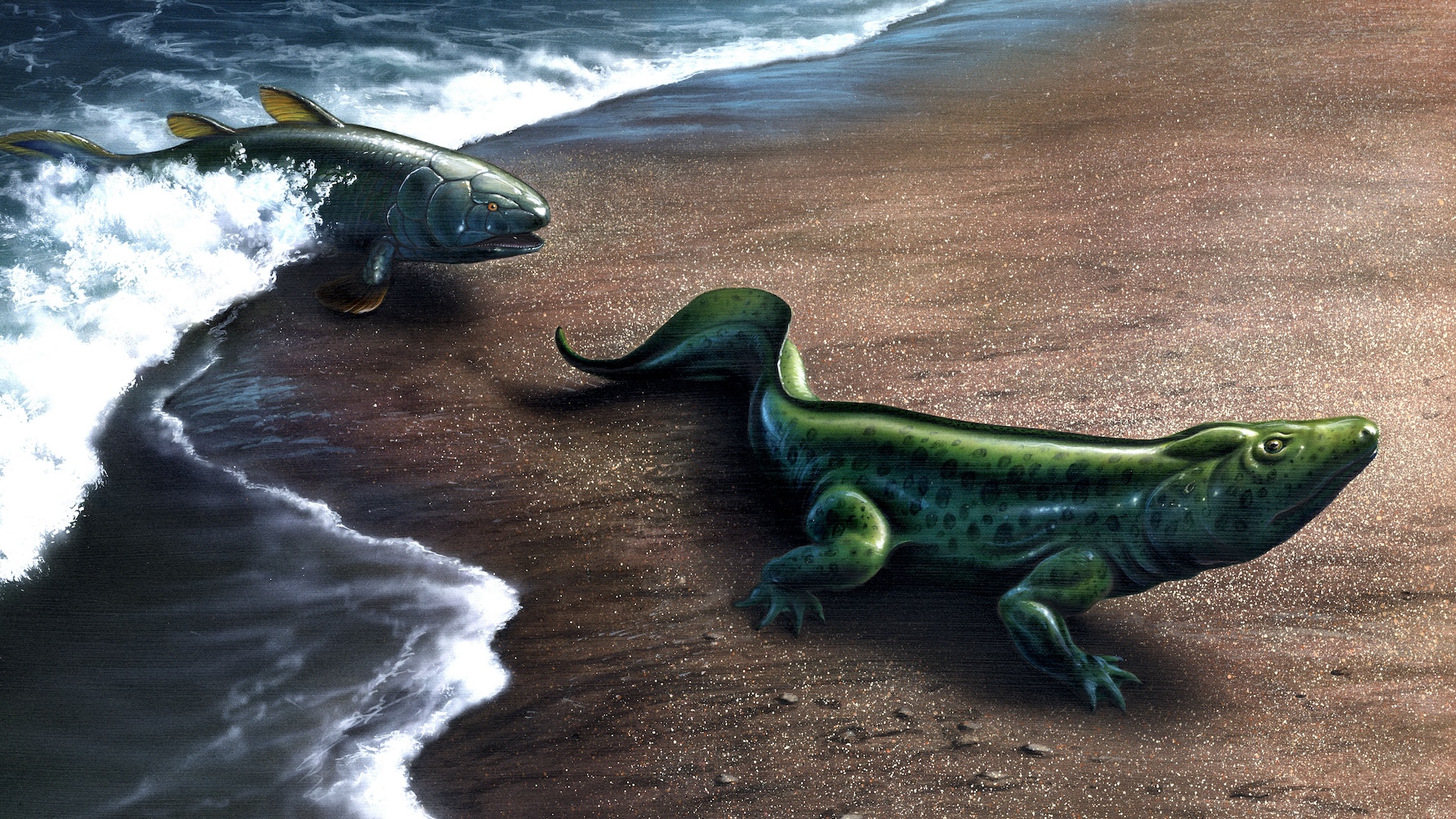
Evolution itself can evolve, new study argues
By Stephanie Pappas published
A new computer model suggests that the process of evolution can get better at evolving in the face of environmental change.
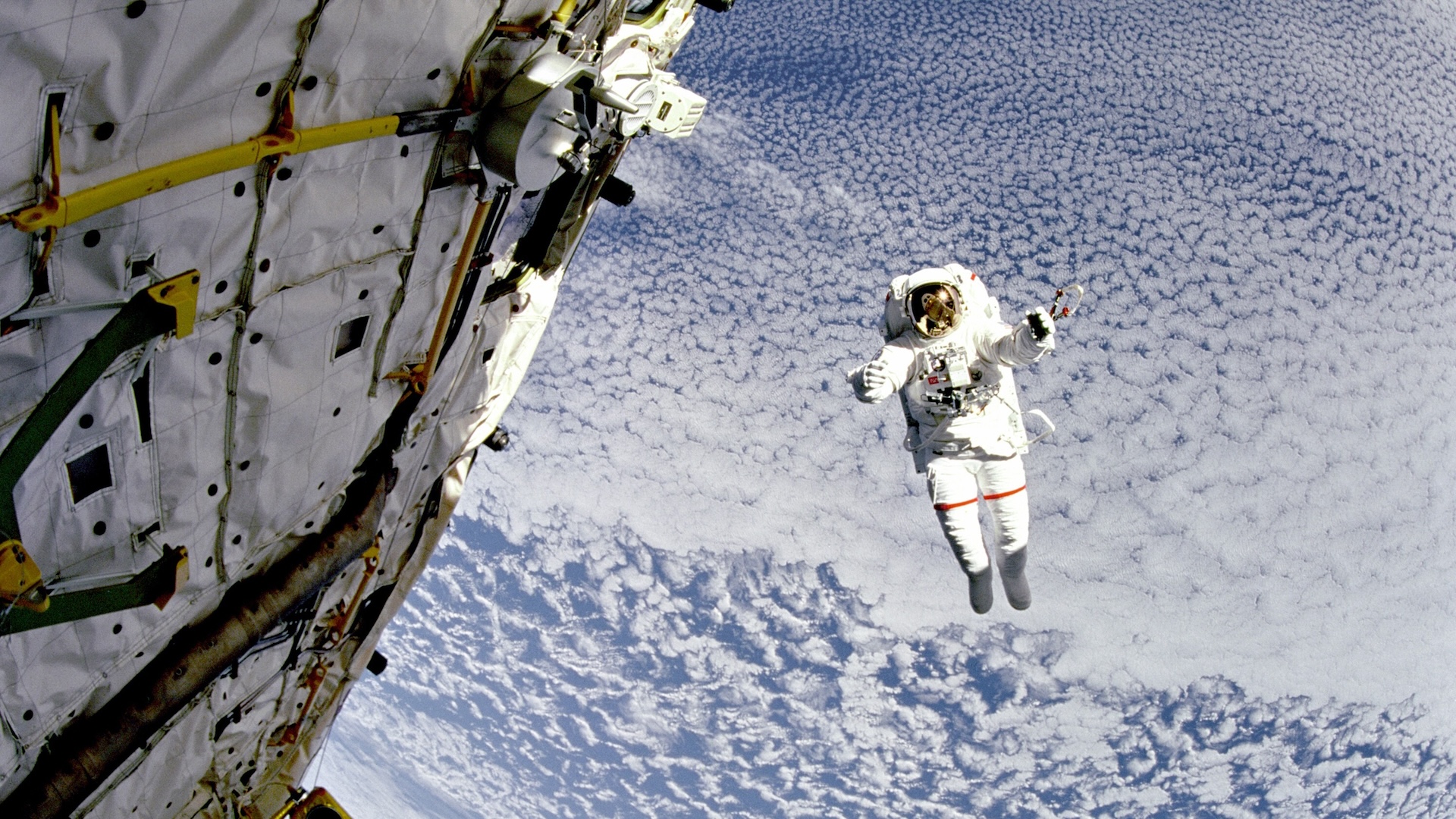
'Stranded' Starliner astronauts finally have a return date — and it's sooner than expected
By Stephanie Pappas published
NASA will send astronauts Butch Wilmore and Suni Williams home from the International Space Station early on a previously used SpaceX Dragon space capsule, not on a brand-new one, the agency announced.
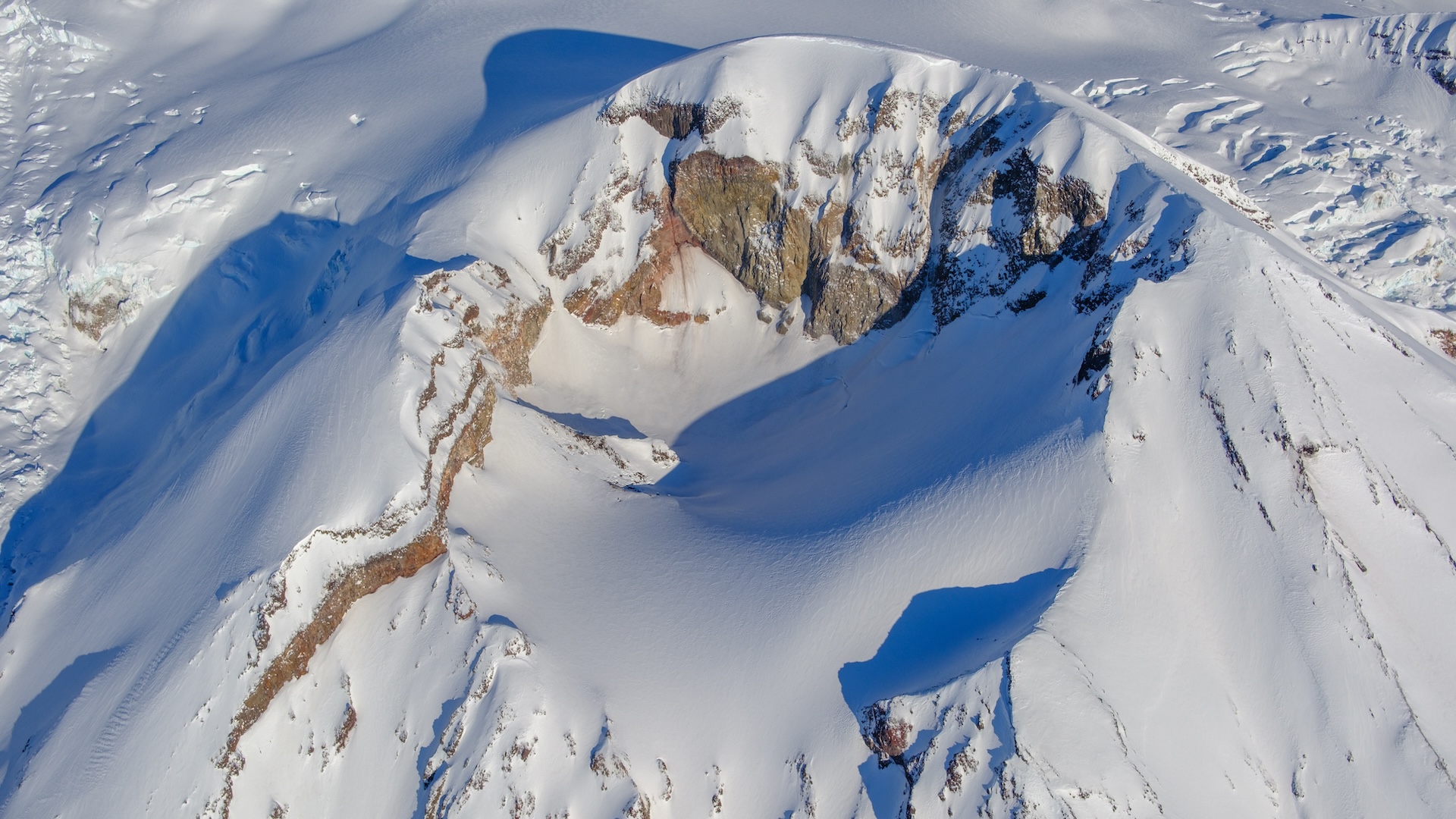
Earthquakes at massive Alaska volcano Mount Spurr ramp up again — and there's now a 50-50 chance of an eruption
By Stephanie Pappas published
Ten months of unrest at Mount Spurr could be a sign of an upcoming eruption from a side vent or, less likely, from the main crater.

Hims & Hers Super Bowl controversy: What the ad left out about its 'alternative' weight-loss drugs
By Stephanie Pappas published
The telehealth company Hims & Hers put out a Super Bowl ad that skimped on clarifying that its compounded semaglutide medications aren't FDA-approved.
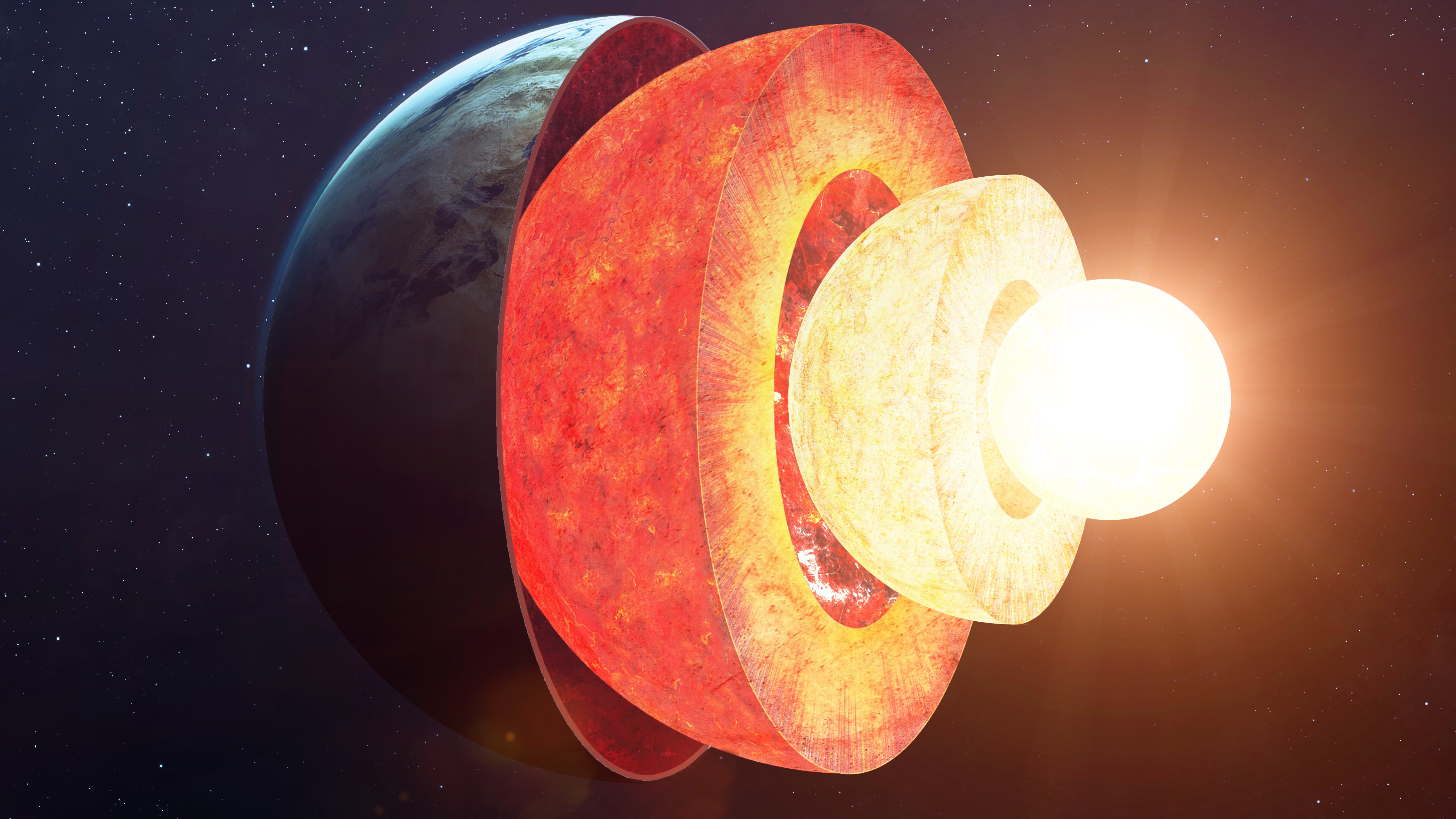
Scientists discover Earth's inner core isn't just slowing down — it's also changing shape
By Stephanie Pappas published
The surface of Earth's inner core appears to be dynamic, changing shape as it rotates, earthquake waves reveal.
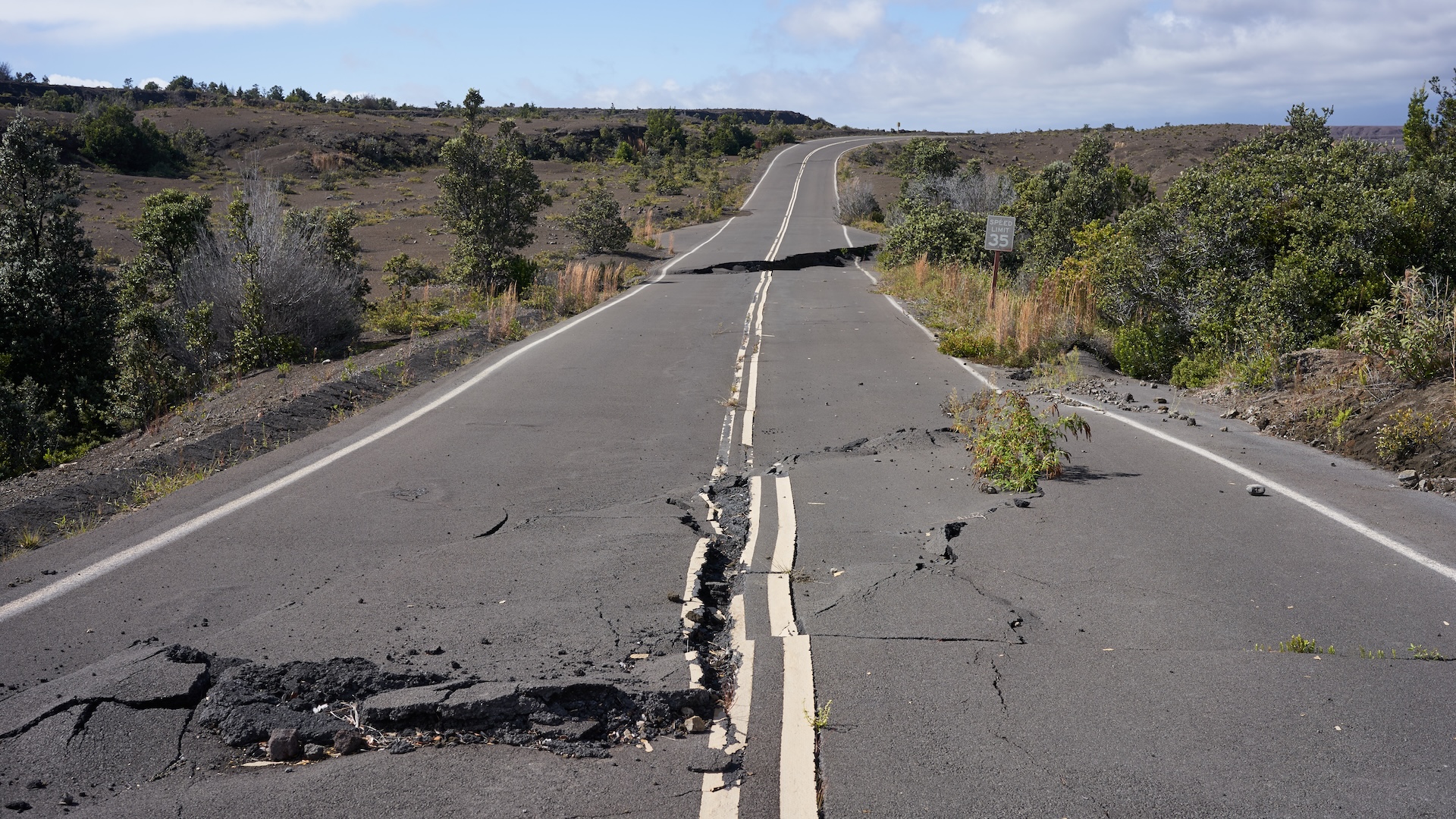
Earthquakes: Facts about why the Earth moves
By Stephanie Pappas published
Discover interesting facts about how big earthquakes can get, why earthquakes happen, and why they're so hard to predict.
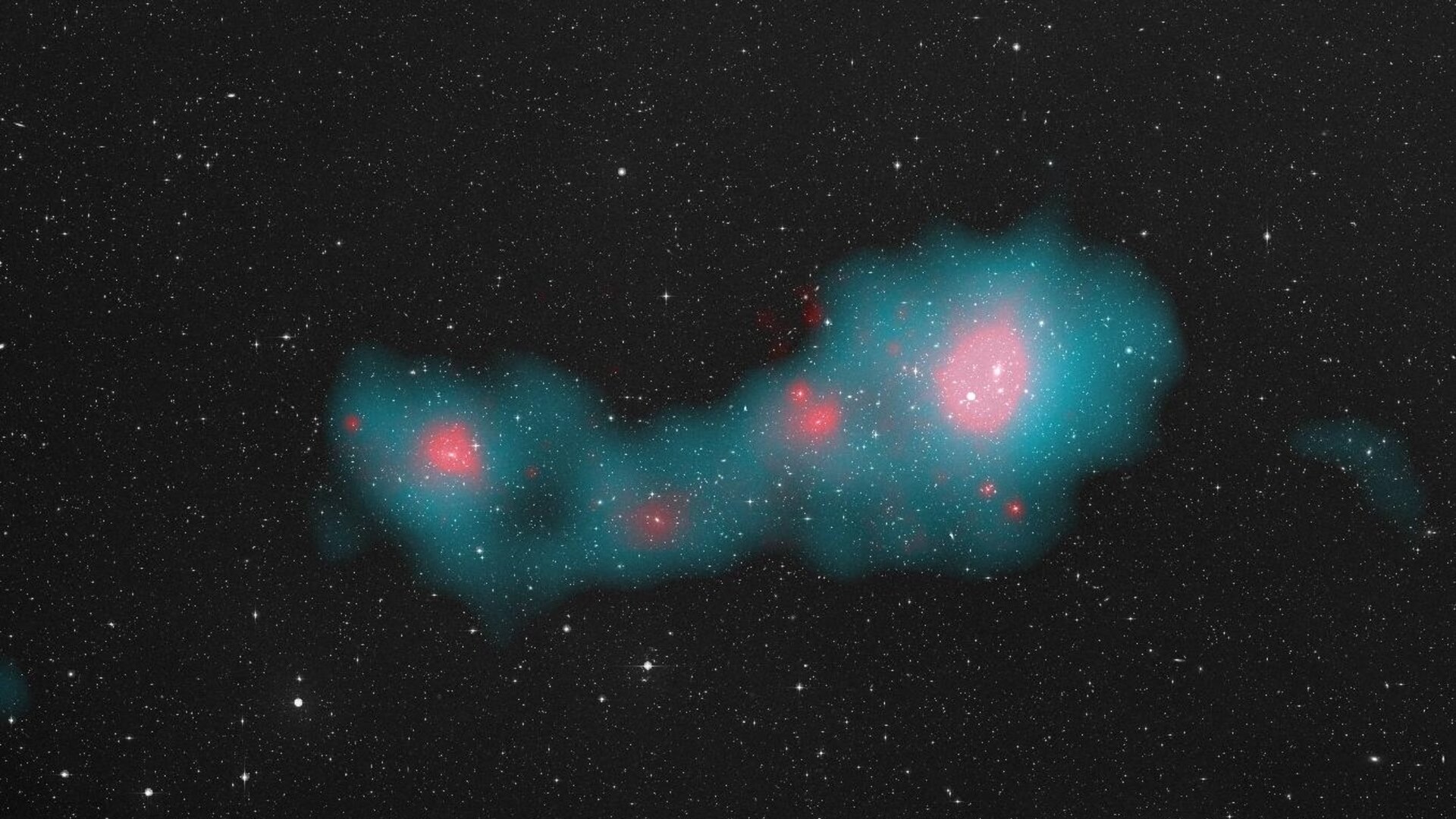
Astronomers discover 'Quipu', the single largest structure in the known universe
By Stephanie Pappas published
Newly discovered Quipu, a superstructure in which galaxies group together in clusters and clusters of clusters, is the largest known structure in the universe in terms of length, scientists claim.
Sign up for the Live Science daily newsletter now
Get the world’s most fascinating discoveries delivered straight to your inbox.
